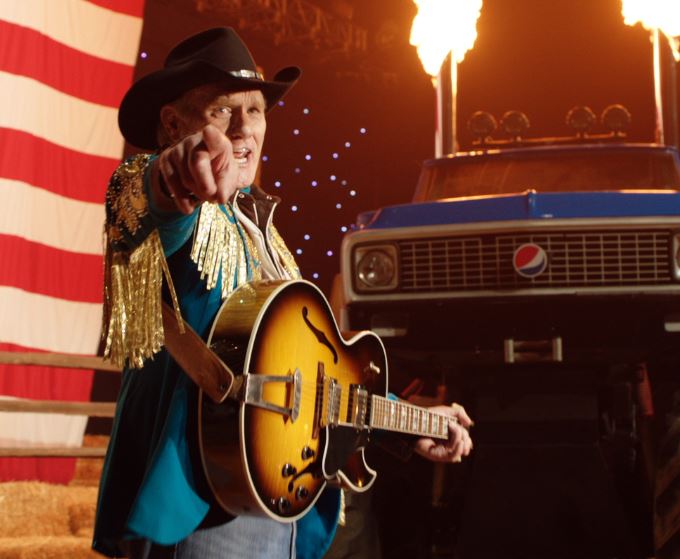
40 years ago this month, fifth-year NFL quarterback Terry Bradshaw came of age. The former #1 overall draft pick in 1970 had struggled in his first five regular seasons, averaging just 1,504 passing yards per season, while throwing 48 touchdowns and 81 interceptions.
But in the 1974 playoffs, something clicked. In wins over the Buffalo Bills, the Oakland Raiders, and finally, in the Super Bowl IX against the Minnesota Vikings, Bradshaw played the best football of his career, steadying himself long enough to let a powerful running game and legendary “Steel Curtain” defense dictate the tempo of games and slowly bleed out opponents.
We spoke to Terry about his progression as a quarterback, the Super Bowl and the Steelers dynasty of the 1970s.
Talk about your experience working with Pepsi on the Pepsi GRAMMY Halftime Show.
“This is just great, man. My agent called me and described the script and it sounded like so much fun, I couldn’t wait to do it. It was so much fun to make. And Deion (Sanders) and Shannon (Sharpe) were all laughing at each other. And coach Ditka was a hoot! Just four old guys out there showing off our stuff!
As a rookie, you were the first overall draft pick, and in the ensuing season, you threw a league leading 24 interceptions and split time with Terry Hanratty. What are your thoughts on that year in hindsight, after all the success?
“Well, I came up out of a small school where I was not exposed to the media, not exposed to fans, what it was like to have a bad game and the repercussions. So being booed, being ripped in the papers, this was all new to me. I had to learn how to be a professional, I had to learn how to study, I had to learn defenses. It took me a while. I wasn’t a real student of the game, I never really was one even as the years went on. I was never a guy that could sit down and just pound out tape after tape. Now, it’s a lot easier. Back then, tape would break and you’d have to glue it back together. I could sit there and my coach could tell me the coverages they would use, take all that information and put it on a piece of paper, go through all the plays and everything, and I would know what to do. I learned how to be a professional and it was brutal. Being booed and being called all those horrible things left a lasting impression on me. I never forgot it.”


